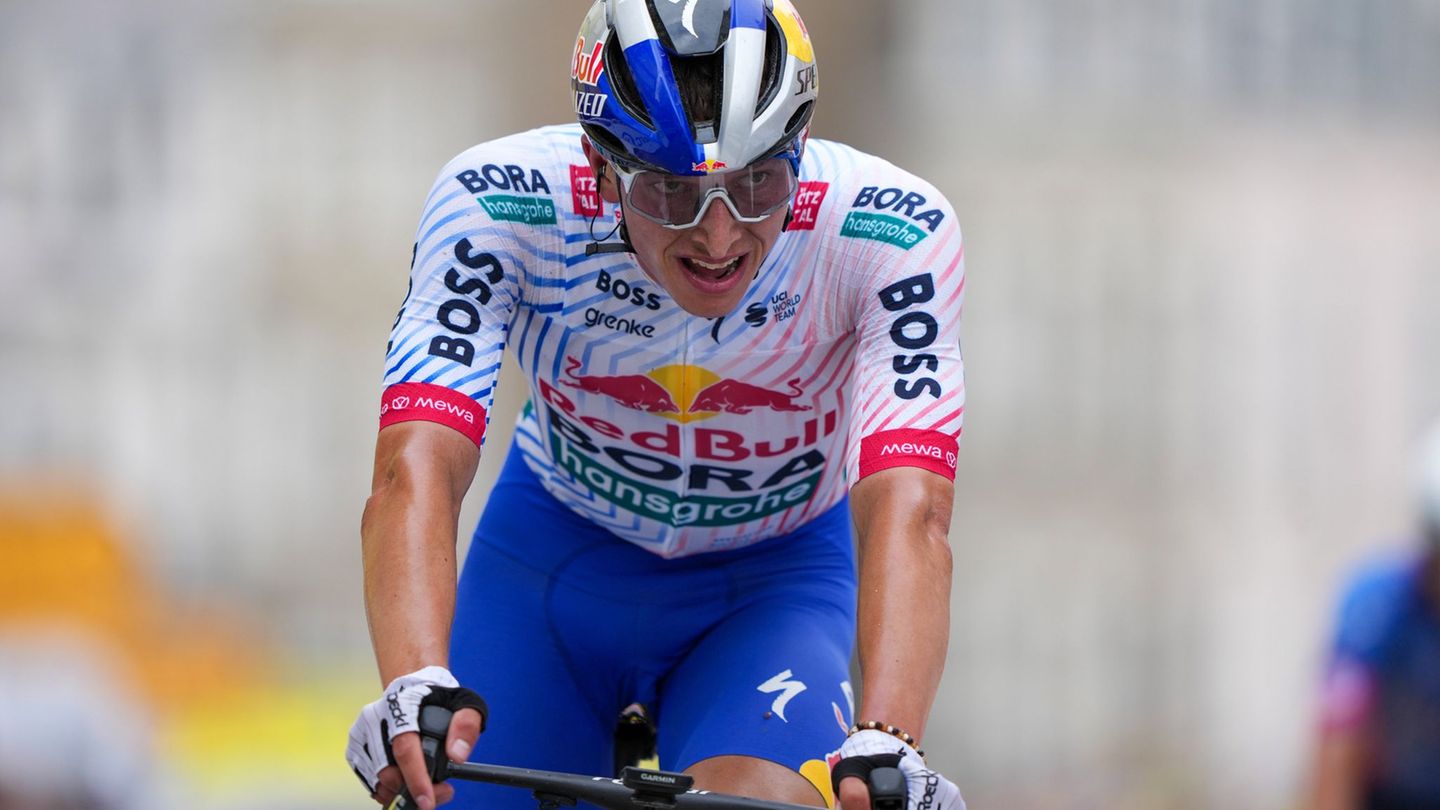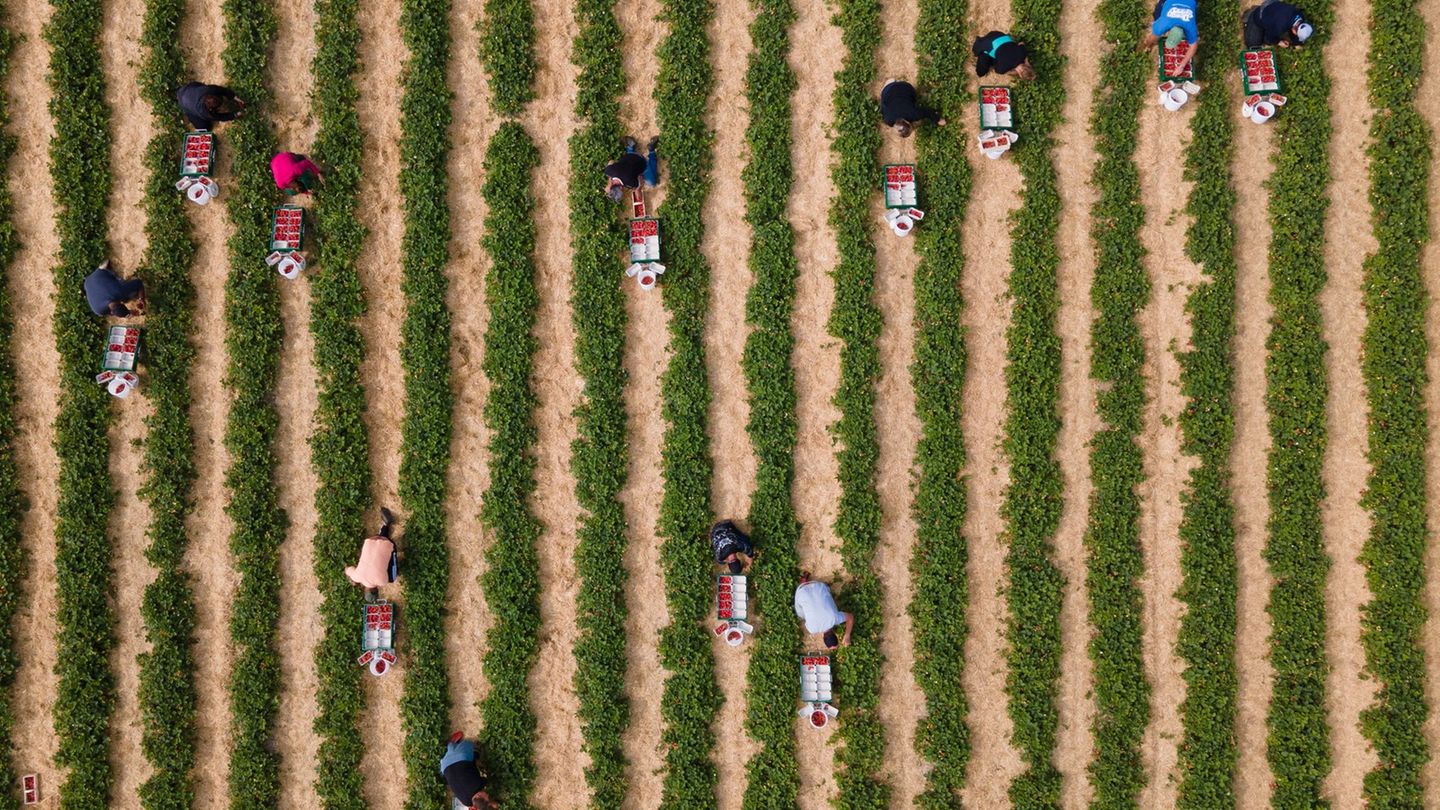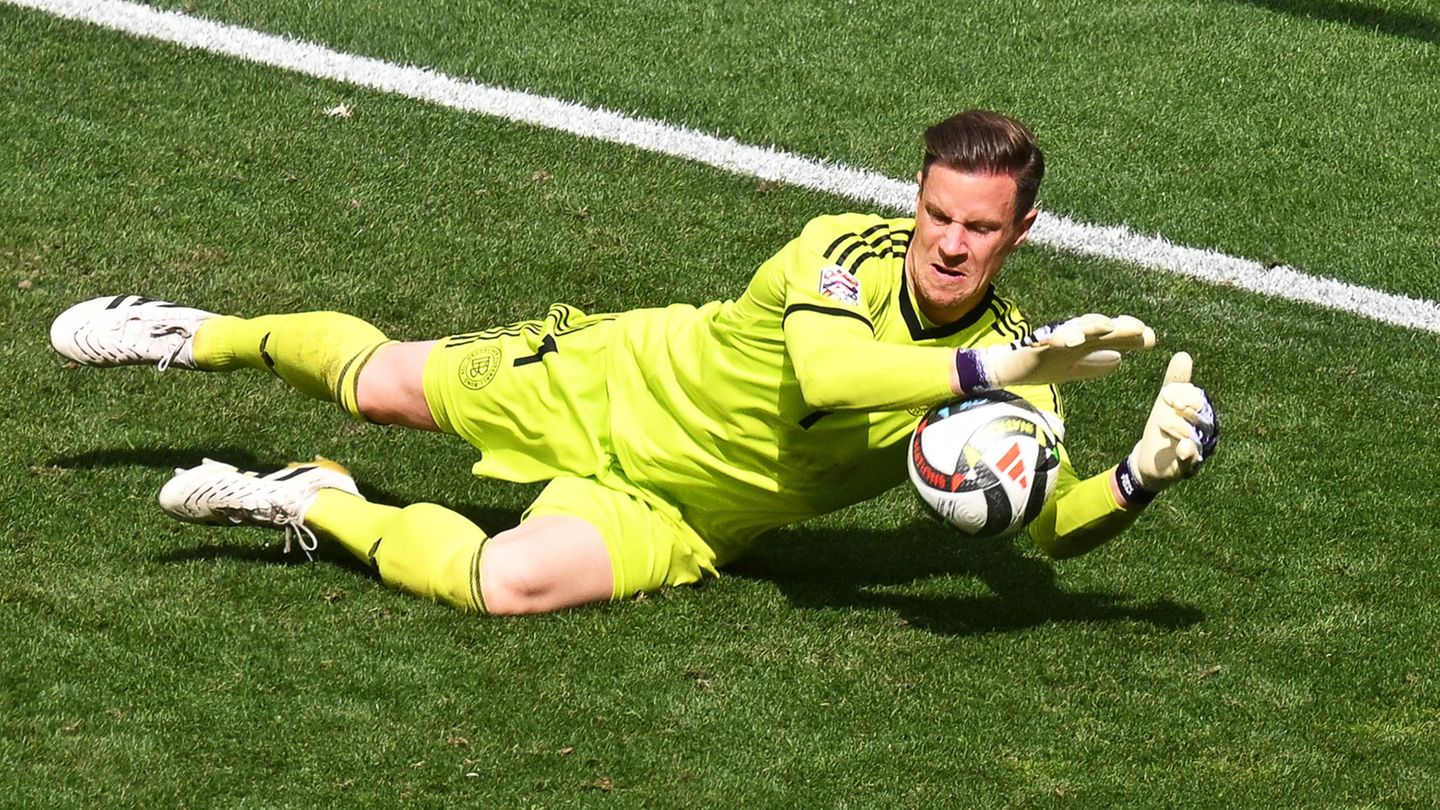“In a crisis, it is always necessary to invest against the crisis,” said Chancellor Karl Nehammer (ÖVP) before a special summit of EU heads of state and government on Thursday in Versailles. “Investments are now necessary and important, as well as making them jointly.”
- The latest developments in the live blog
According to Hungarian Prime Minister Viktor Orban, the EU will not impose sanctions on Russian gas or oil. The decision on the most important topic was good. “There will be no sanctions on gas or oil, so energy supply to Hungary is safe,” Orban said in a video posted to his Facebook page. Countries like Poland and Lithuania recently spoke out in favor of banning the import of gas, oil and coal from Russia in order to deprive the Russian state of its main source of income and to make further financing of the war against Ukraine more difficult. However, countries such as Austria and Germany were against this because they are particularly dependent on Russian energy supplies.
- According to ex-OMV boss Gerhard Roiss, Austria could already supply itself to a large extent with gas from Norway and Romania. “This reliance on gas is expensive and unhealthy,” he says in the OÖNplus interview.
Video: Federal President Alexander Van der Bellen is skeptical about a boycott of Russian gas. Because the effects on the industry are great, according to Van der Bellen.
This video is disabled
Please activate the categories Performance Cookies and Functional cookies in your cookie settings to view this item. My cookie settings
Macron: Protect EU citizens from price increases
French President Emmanuel Macron stressed that the priority now is to protect European citizens and businesses from rising energy prices. The EU must be prepared for “all scenarios” when it comes to gas deliveries to Russia. This summit is about setting a strategic course. After that, the EU would have to set up new investments, for example in the areas of defense and energy. This requires a common European investment strategy and coordinated national plans.
Paris had discussed another EU aid fund based on the model of the Corona reconstruction fund, which is intended to strengthen European defense and security of energy supply. The Corona Fund has a volume of 750 billion euros, and the EU Commission can take out loans itself. However, the French proposal was met with skepticism in a number of EU countries such as the Netherlands.
Italian Prime Minister Mario Draghi was also open to the proposal of a debt-financed EU fund. “Italy and France are also completely in line on this front,” Draghi said before the talks, according to the German Press Agency. The European economy is still growing, but there has been a slowdown and it is observed that many raw materials are in short supply, Draghi said. One must respond to this just as quickly and with conviction as one responded to the Russian aggression.
Four sanction packages so far
So far, the EU has passed four packages of sanctions against Russia. Further punitive measures are apparently in the works. “We will ensure that all sanctions are fully implemented. And we are ready to act quickly with further sanctions if necessary,” says APA in a draft of the informal meeting.
The Ukraine war overshadows the two-day special summit of EU heads of state and government that begins on Thursday. At the summit, the EU also wants to agree on strengthening its defense capacities, including higher defense spending, in view of the Russian war of aggression in Ukraine.
Video: ORF correspondent Raffaela Schaidreiter reports on the deliberations on further sanctions against Russia at the informal EU summit in Versailles.
This video is disabled
Please activate the categories Performance Cookies and Functional cookies in your cookie settings to view this item. My cookie settings
Discussions on EU accession of Ukraine
According to Nehammer, nobody expected a new war on European soil with conventional weapons. “The balance of terror from nuclear powers obviously doesn’t work anymore,” he added. Austria must defend its neutrality, so the defense budget will be increased.
The EU states are also discussing Ukraine’s EU membership application at the summit. Ukrainian President Volodymyr Zelenskyy had called for his country’s immediate integration into the EU. There are different views on this among the member states: while Austria and Germany, among others, are stepping on the brakes, eastern EU states such as Poland and Slovenia in particular are demanding immediate accession prospects for Ukraine.
Nehammer was again cautious on Thursday. Such an application for accession is “extremely lengthy and very complex”. Ukraine now needs solidarity as well as quick and unbureaucratic help. There are also applications for membership from Georgia and Moldova, and states in the Western Balkans are also very interested in joining.
Macron emphasized that the EU should send a signal, but must weigh it up carefully. “Can we start an accession process today with a country that is at war? I don’t think so. Should we slam the door and say: never? That would be unfair. Can we forget about the balance in the region? You have to be careful .” Moldova is also “very fragile”.
Instead of Ukraine’s accession, EU diplomats had brought up “association plus plus”, meaning closer ties between Ukraine and the EU internal market. French Europe Minister Clement Beaune underlined the EU’s goal of making itself independent of Russian energy supplies.
Source: Nachrichten




